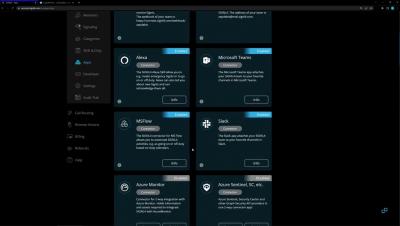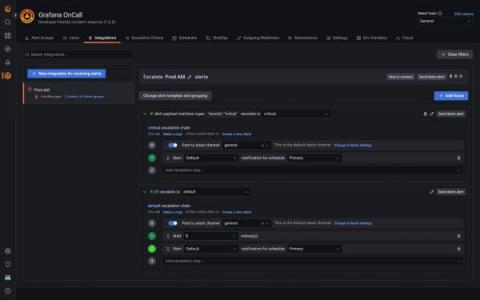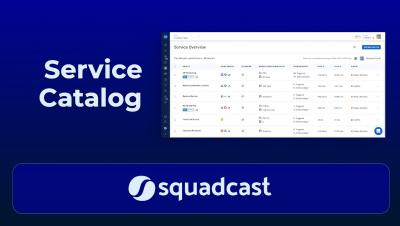Operations | Monitoring | ITSM | DevOps | Cloud
Incident Management
The latest News and Information on Incident Management, On-Call, Incident Response and related technologies.
RESOLVE '22: Bit by bit
It is difficult to define a single, solid maturity model for IT Operations. As moderator Jason Walker, BigPanda’s COO, said in our RESOLVE ’22 event Bit by bit, maturity models in “almost every other domain of IT” have not turned into a workable set of guideposts and indicators in the Ops domain. We welcomed Insurity’s Lead Cloud Operations Performance & Monitoring Admin, Ronnel Vergara, to take the stage and talk over this high-level topic at our event.
Round Robin Escalation: An Efficient Way to Distribute On-Call Responsibilities
Bridging the gap between Engineering and Customer Support during incidents
Customer trust and satisfaction are the most important currency your business can own. No matter how brilliant your product, without happy customers your business will struggle. When everything is running smoothly, it’s easy to feel that heady dose of customer love. It’s when things break during an incident that these relationships are really put to the test.
The Five Main Components of a Fully Developed EHR System
The adoption of electronic health record (EHR) systems has seen tremendous growth across geographies, especially in the US. According to American Hospital Association data shared by the Office of the National Coordinator for Health Information Technology, over 93% of American hospitals are enabled by some form of EHR in their organization. Implementing an EHR system in your clinic or hospital is a big decision.
Get started with Grafana OnCall and Terraform
Managing on-call schedules and escalation chains, especially across many teams, can get cumbersome and error prone. This can be especially difficult without as-code workflows. Here on the Grafana OnCall team, we’re focused on making Grafana OnCall as easy to use as possible. We want to make it easier to reduce errors with your on-call schedules, create schedule and escalation templates quickly, and fit on-call management into your existing as-code patterns.
Smart Security
Healthchecks + Squadcast Integration: Routing Alerts Made Easy
Introduction to Service Catalog | Service Ownership | Service Classification Squadcast
How To Reduce Incident Tickets
In IT environments, incidents happen all the time and it's impossible to prevent all of them. Regardless of the available software solutions or the level of technical training of both users and developers, no organization is immune to incidents. The increased dependence on IT infrastructure to provide core services means that any disruption in IT services can cause any organization significant financial and reputational harm. For example, IT service providers need to resolve customer support tickets following the service-level agreements (SLAs), and failing to do so makes them liable for breaching such agreements.











